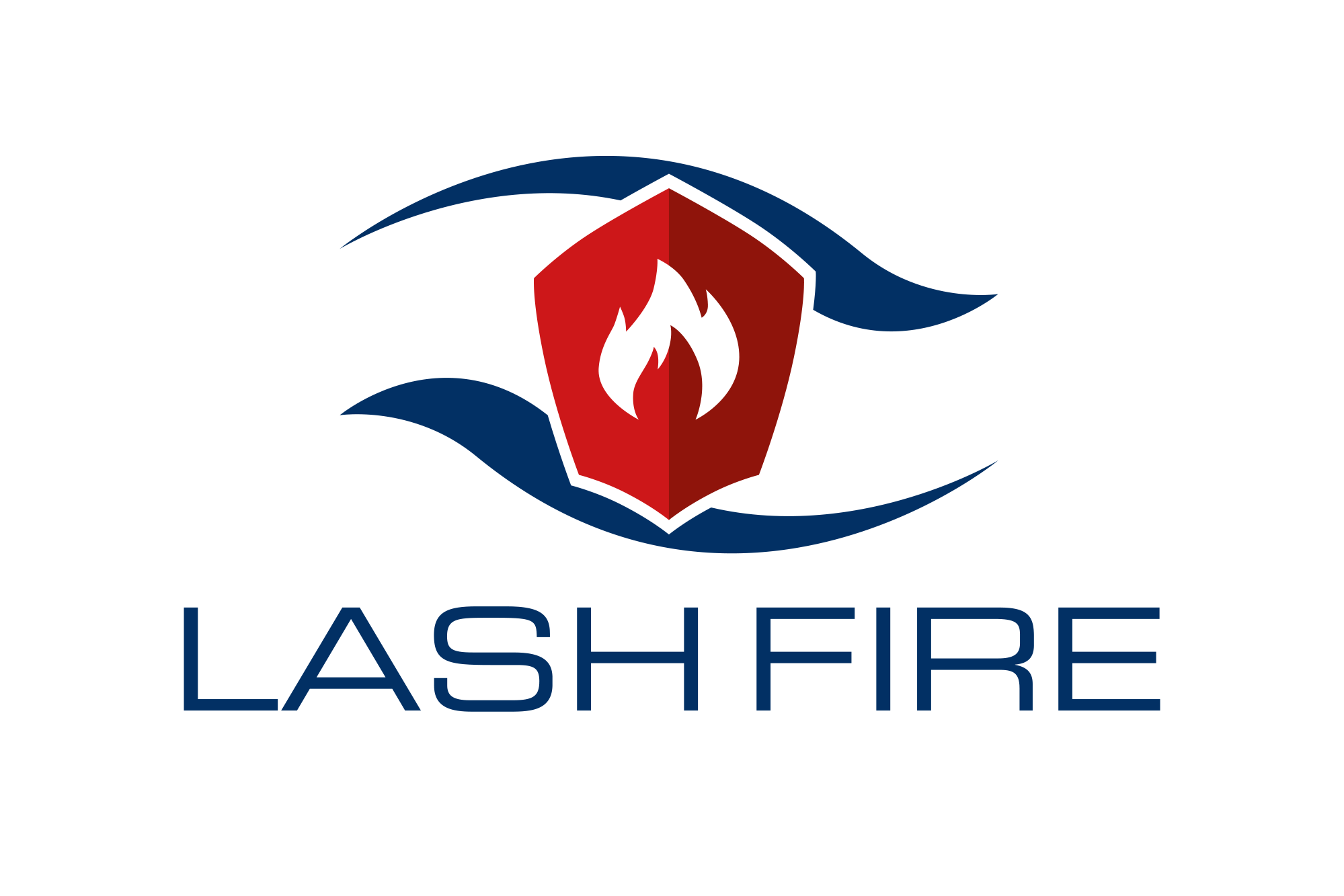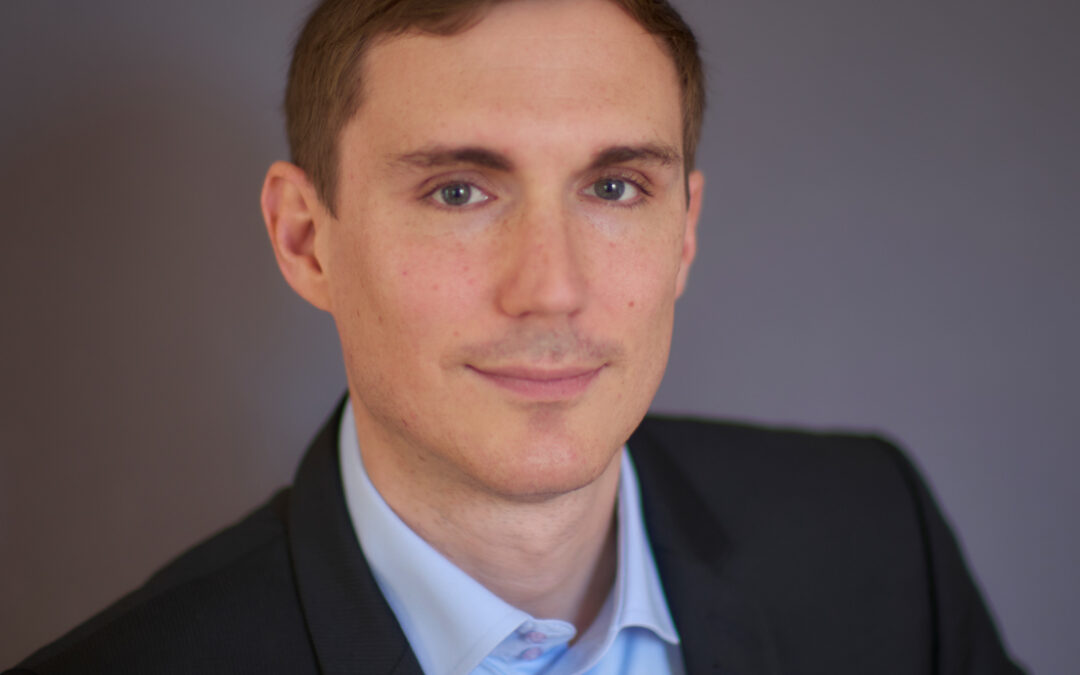Meet the partners is a series of interviews with the LASH FIRE partners who present core of the project. We ask the partners about their expertise, expectations from the project and anything we want to know about fire safety. In the fourth edition of Meet the Partners, we interview Eric DE CARVALHO, Bureau Veritas Marine & Offshore.
1. What are the areas of competence of Bureau Veritas?
Bureau Veritas Marine & Offshore is one of the world’s leading ship classification society and offshore safety and verification bodies, providing classification, certification and statutory services to the marine and offshore industry. Bureau Veritas Marine & Offshore counts 190 years of existence, more than 2,650 employees all around the world and a classed fleet of more than 11,000 ships. Indeed, Bureau Veritas has a strong expertise and a long experience in maritime regulations. Moreover, to serve the development of our own rules and guidance notes, Bureau Veritas is at the forefront of new technologies and regulations. Along the years, Bureau Veritas has developed its competencies and solutions to assist the marine and offshore industry in managing the risks at sea.
2. In what way does Bureau Veritas contribute to LASH FIRE? (what is the role of the partner)
Bureau Veritas with RISE and Stena were deeply engaged in the two EMSA projects FIRESAFE and FIRESAFE II. The outcomes of these projects are currently discussed at IMO. An item related to amendments to SOLAS and relevant IMO instruments for ro-ro passenger ships has been opened. LASH FIRE is a great opportunity to build upon the knowledge from the FIRESAFE studies and has the ambitious objectives to extend the impact with a wider scope of work, new technologies, more demonstration and validation.
Bureau Veritas’s main role in LASH FIRE is leading the evaluation, in line with the IMO’s Formal Safety Assessment procedure, of at least 15 regulatory proposals (WP04). This includes the development of risk models, the cost-effectiveness assessment of operational and technical solutions developed in the project and the preparation of proposals for rule-making. Furthermore, Bureau Veritas participates in WP03 contributing to the communication to IMO and to other relevant authorities.
3. How do the goals of LASH FIRE fit with Bureau Veritas’ objectives?
To manage risks, you need to master their understanding. At Bureau Veritas Marine & Offshore, we have a guiding mission: to keep our clients’ crews, passengers and assets safe, every day. Therefore, contributing to a project enhancing fire safety on board ro-ro ships fits perfectly with Bureau Veritas’ objectives. Moreover, many innovative safety solutions will be developed in the project. They will increase our knowledge on new technologies and participate in our commitment for technical excellence.
4. What is your specific role in Bureau Veritas and in LASH FIRE?
My specific role in Bureau Veritas is to work as a senior fire and gas safety engineer in the Energy & Safety Modelling team of the technical department. I am involved in advanced safety studies and in technical assistance to classification activities. Another important aspect of my work is to actively participate to R&D projects on various fire safety topics, such as lightweight materials for vessels, alternative fuels/power or carbon capture.
My specific role in LASH FIRE is to lead the Formal Safety Assessment work package (WP04). I also contribute to the technical work related to risk and cost-effectiveness assessment of WP04 and to the work related to cooperation and communication of WP03.
LASH FIRE will assess the environmental impact of some fire extinguishment technologies. I am convinced that environment protection considerations as regards fire safety will be more and more considered and assessed in the future.
5. What was your experience with maritime fire safety projects before LASHFIRE or what are your expectations if this is the first maritime fire safety project you participate in?
I joined Bureau Veritas in 2018. Before that, I worked as risk engineer for nine years in oil and gas industry. Therefore, excluding offshore, the maritime industry is an area relatively new for me. Based on my background, my expectations from LASH FIRE are to find results that will draw a useful risk picture of fires in ro-ro spaces and potential solutions. Another expectation is to explore and demonstrate feasibility of new risk modelling techniques, that may be re-used in future maritime fire safety projects and compared to the future safety level.
6. What is in your opinion the most interesting part of work done in LASH FIRE and why?
In my opinion, the most interesting part of work done in LASH FIRE is related to technical cooperation and dissemination framework. Partners of LASH FIRE are different stakeholders of the maritime world representing different countries. LASH FIRE has a high commitment of dissemination and transparency of the results. And at the end of the work, a fair consensus shall be found on the results. In the case of LASH FIRE, a balance between cost and effectiveness of the developed solutions will be assessed. Safety at sea is a worldwide challenge, which shall be managed at a worldwide scale and may only progress with a wide technical consensus.
7. How do you think the maritime accident response can change until 2050?
I think that LASH FIRE will have a strong impact on the fire safety at sea, not only for the ro-ro ships, but even beyond. For example, the solutions developed in LASH FIRE to prevent and mitigate cargo hazards may feed the recent item about fire safety of containerships opened at IMO. How to manage the fire safety of Alternatively Powered Vehicles is another challenge. The maritime industry will benefit from the lessons learnt from other industries but some unique aspects of ship environment still need to be addressed. LASH FIRE will work on some of these aspects. Lastly, LASH FIRE will assess the environmental impact of some fire extinguishment technologies. I am convinced that environment protection considerations as regards fire safety will be more and more considered and assessed in the future.
Would you like to add anything specific to Bureau Veritas? Thank you very much for your help!
My last words would be that Bureau Veritas Marine & Offshore is proud to actively contribute to the LASH FIRE project, contributing to safety at sea!

